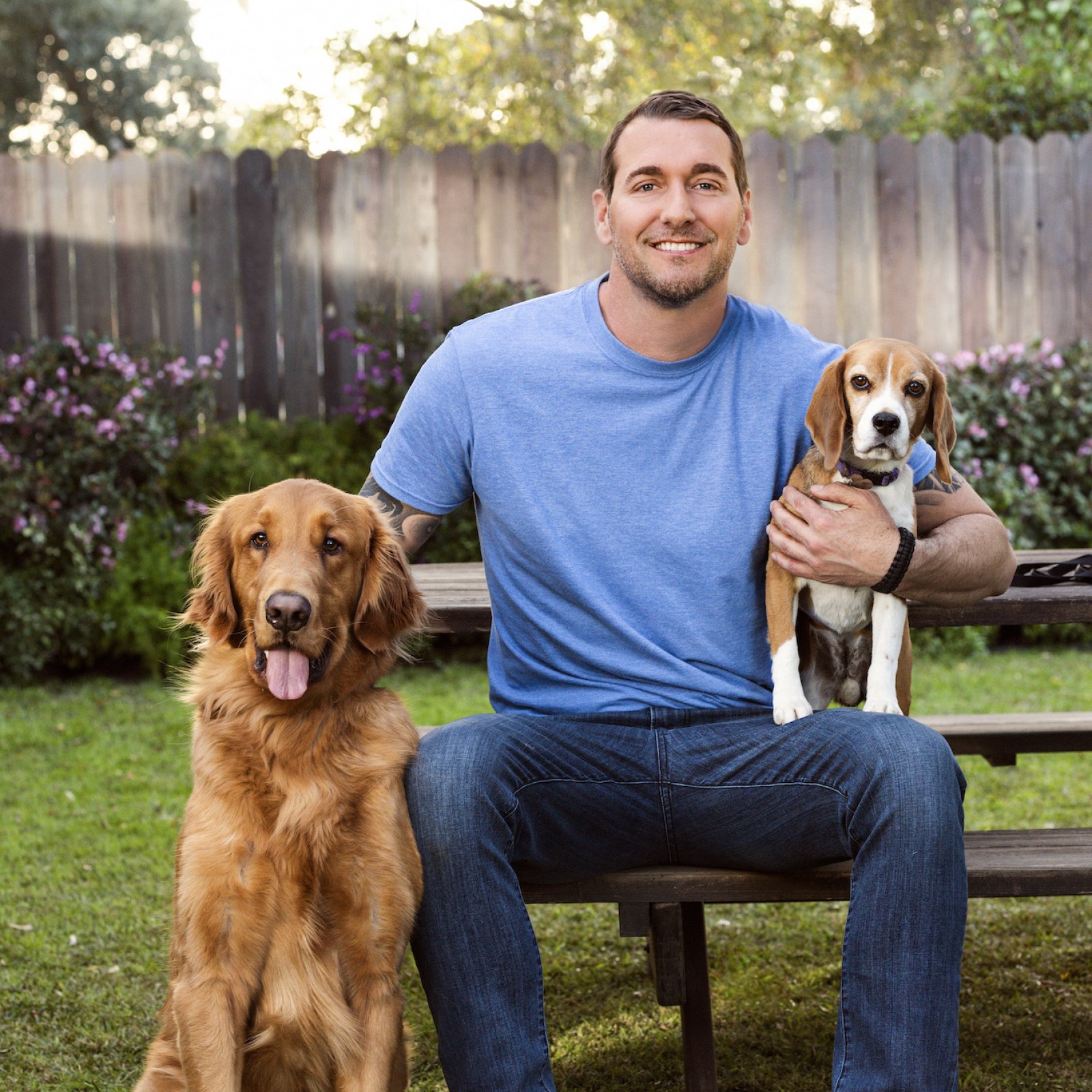Dog Training Charlotte NC: Your Path to a Well-Behaved Dog
Dog Training Charlotte NC: Your Path to a Well-Behaved Dog
Blog Article
Unlock Your Dog's Possible: Proven Canine Training Techniques for Success
Effective dog training is a nuanced process that rests on recognizing canine behavior and using medically backed approaches. Dog training. By integrating positive reinforcement, developing clear commands, and prioritizing socializing, pet dog owners can grow an effective connection with their animals. Challenges often emerge that need tailored remedies and a person strategy. Checking out these proven methods reveals not just the capacity for behavioral improvement yet likewise the deeper bond that can be formed in between owner and pet. What necessary approaches must be taken into consideration to truly unlock your dog's capacity?
Understanding Canine Actions
Comprehending pet dog behavior is important for efficient training and fostering a positive relationship between canines and their proprietors. A detailed grasp of canine body language, articulations, and social communications is critical for recognizing their emotions and requirements. Pet dogs interact mainly with non-verbal signs; as an example, a wagging tail might show exhilaration, while pinned ears can indicate fear or entry.

In addition, ecological elements play a considerable duty fit a dog's habits. Changes in regular, new surroundings, or the presence of strange people can cause anxiety or anxiousness in dogs. Recognizing these triggers enables proprietors to mitigate negative responses and develop proper training approaches.
Inevitably, a deep understanding of canine actions lays the structure for effective training approaches, enhancing both actions and the overall bond in between the pet dog and its proprietor. dog training near me. This understanding is essential for promoting a well-adjusted, satisfied canine friend
Positive Support Techniques
Efficient training counts heavily on positive support methods, which have actually been revealed to generate significant lead to forming preferred behaviors in pet dogs. This approach involves rewarding a canine for showing certain behaviors, thereby enhancing the chance that these habits will be duplicated. Benefits can take numerous types, consisting of deals with, praise, playthings, or playtime, relying on what inspires the private pet dog.

It is vital to gradually phase out incentives as the pet finds out the actions, transitioning to recurring support. This method maintains the behavior with time while preventing dependence on continuous rewards. By focusing on favorable support, trainers can cultivate a trusting connection with their pets, promoting a participating and healthy training atmosphere that boosts total obedience and efficiency.
Establishing Consistent Commands
A fundamental facet of successful dog training is the establishment of constant commands. Consistency in commands is vital for efficient communication in between the dog and the trainer. When commands are uniform, pet dogs learn to link certain words with preferred actions, which accelerates the training procedure and improves understanding.
To develop regular commands, it is necessary that all household members use the very same terms and motions. As an example, if one individual utilizes "rest" while one more states "take a seat," it can develop confusion for the pet. Select clear, distinct words for commands and ensure every person included in the pet's training abides by these options.
Strengthen commands via constant method, making certain that the canine receives adequate chances to respond properly. When a canine successfully adheres to a command, instant favorable reinforcement must follow.
Last but not least, be browse around this web-site client. Developing regular commands takes time and effort. With dedication and clearness, you will help your dog develop a strong understanding of assumptions, inevitably causing a well-behaved companion.
Socializing and Direct Exposure
Mingling a dog is crucial for fostering a confident and well-adjusted friend. This process entails exposing your pet dog to a range of settings, people, and other animals to create their social abilities and versatility. Early socialization, ideally between the ages of three to fourteen weeks, is crucial, as it lays the foundation for a pet's future click for more habits.
During socializing, objective to offer positive experiences in different settings, such as parks, active streets, and homes with various other pets. Introduce your canine to different stimulations, consisting of noises, sights, and scents, making sure that each encounter is rewarding. This direct exposure helps reduce anxiety and anxiousness, paving the way for a much more resilient canine.
Involving in controlled group play sessions with other dogs can likewise boost social skills, educating your animal proper communications and borders. Focusing on socializing will dramatically add to your canine's general joy and habits throughout their life.
Conquering Common Training Obstacles

An additional regular concern is distraction. Pet dogs might have a hard time to focus in active or unknown setups. Slowly desensitize your pet dog to disturbances by beginning training in a peaceful environment and slowly presenting even more stimuli as they come to be proficient (dog training near me). Positive support strategies, such as deals with and praise, can maintain inspiration and emphasis.
Additionally, behavior problems like leaping or excessive barking can come to be discouraging. Address these by showing alternative behaviors, such as resting smoothly when greeting guests. Uniformity and perseverance are vital; strengthen wanted habits constantly and avoid scolding, which can bring about confusion.
Finally, recognize that each pet dog is one-of-a-kind, and training timelines may differ. Tailor your technique to your pet's specific needs, and look for expert support if necessary. With determination and the best methods, conquering these difficulties can result in a trained, satisfied canine buddy.
Conclusion
Finally, opening a canine's potential necessitates a comprehensive strategy that includes an understanding of canine habits, the application of positive support methods, and the establishment of regular commands. Early socializing and exposure to diverse settings additionally enhance a pet's versatility and confidence. By resolving typical training challenges with customized methods and patience, a unified and cooperative relationship in between canine and trainer can be promoted, inevitably leading to a mannerly friend capable of growing in different situations.
Efficient dog training is a nuanced procedure that hinges on comprehending canine behavior and utilizing scientifically backed methods.Understanding pet dog actions is necessary for effective training and promoting a favorable relationship in between dogs and their owners.Reliable training relies greatly on favorable reinforcement methods, which have actually been shown to produce substantial results in shaping wanted actions in canines. When commands are consistent, pets learn to connect details words with desired habits, which increases the training process and enhances understanding.
In final thought, opening a dog's potential requires read more a thorough approach that incorporates an understanding of canine habits, the application of favorable support strategies, and the establishment of consistent commands.
Report this page